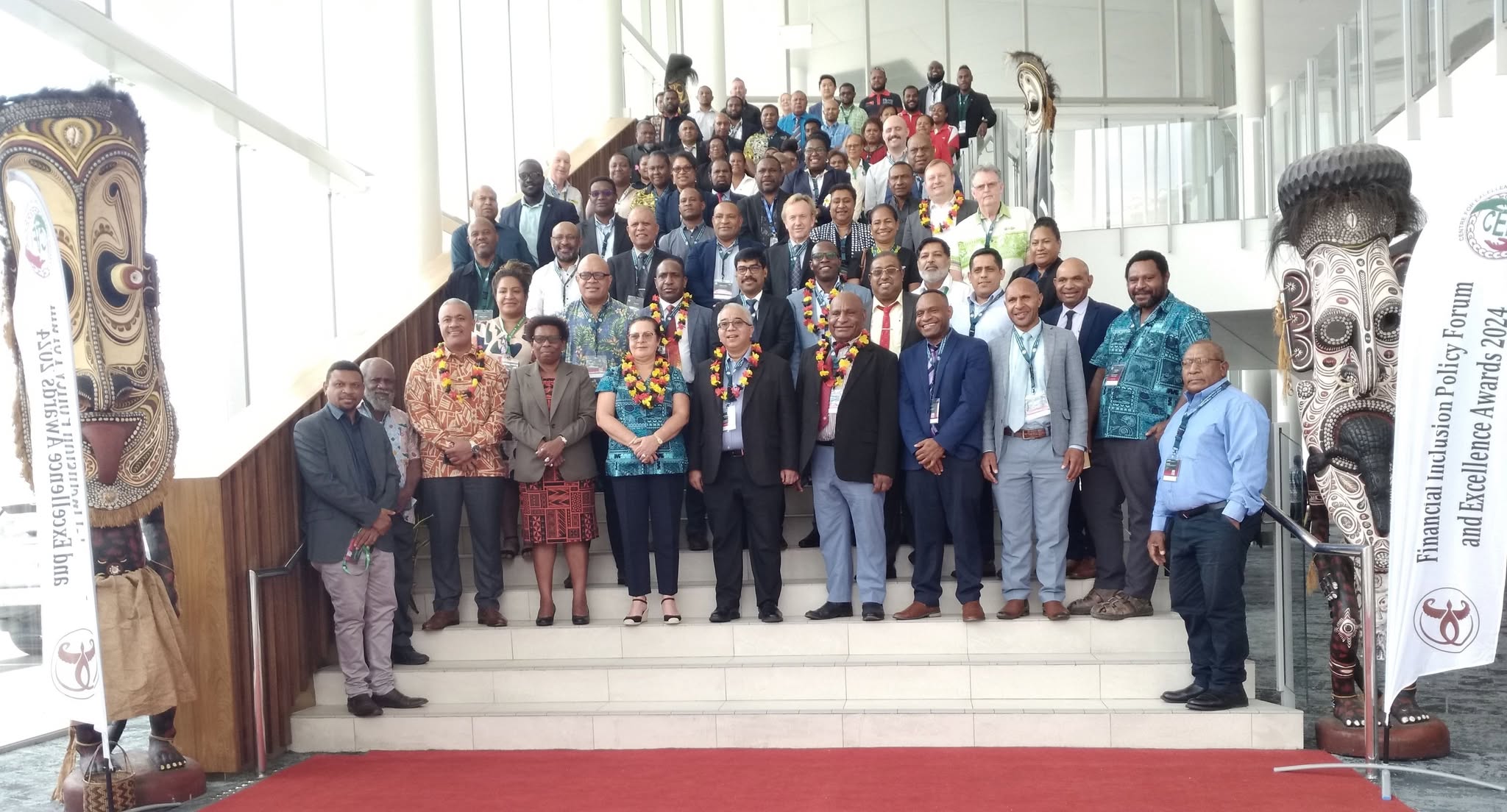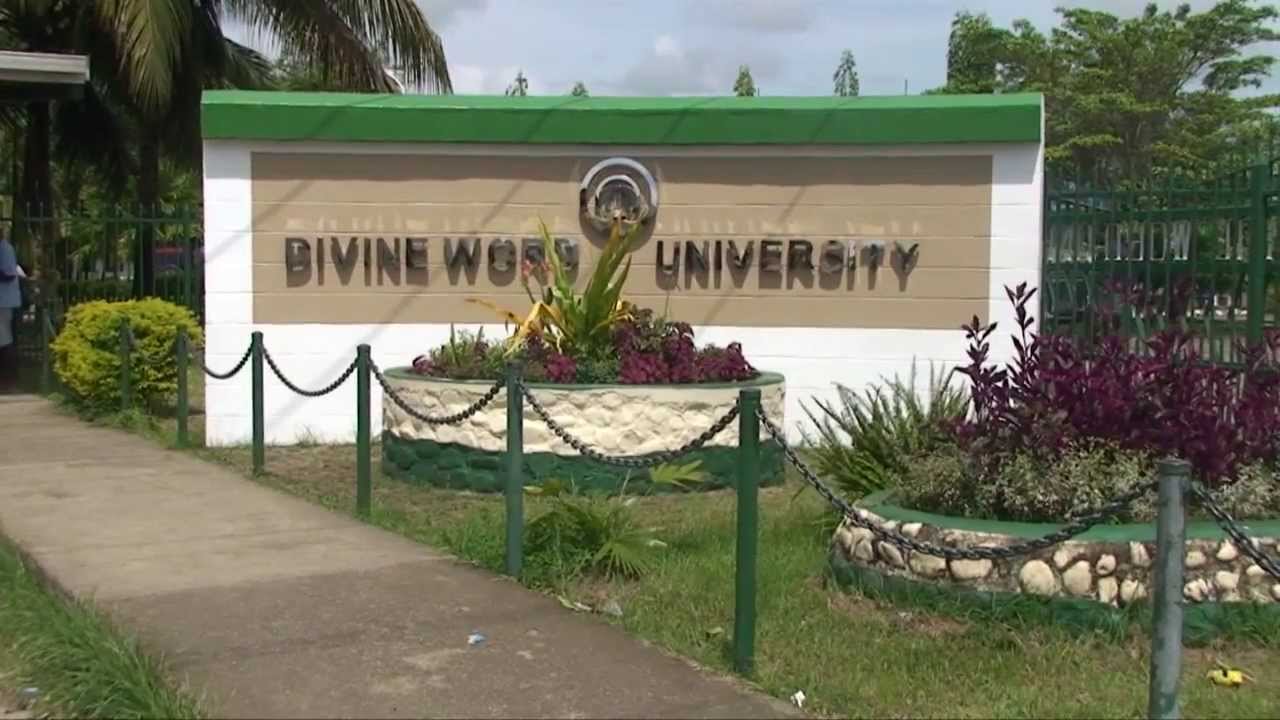NEWS
BPNG PROMOTES FINANCIAL INCLUSION AT THE FORUM
![]() By Nathalie OWEN (UPNG Journalism Student) |
November 26, 2024
By Nathalie OWEN (UPNG Journalism Student) |
November 26, 2024

Related News
LATEST NEWS



